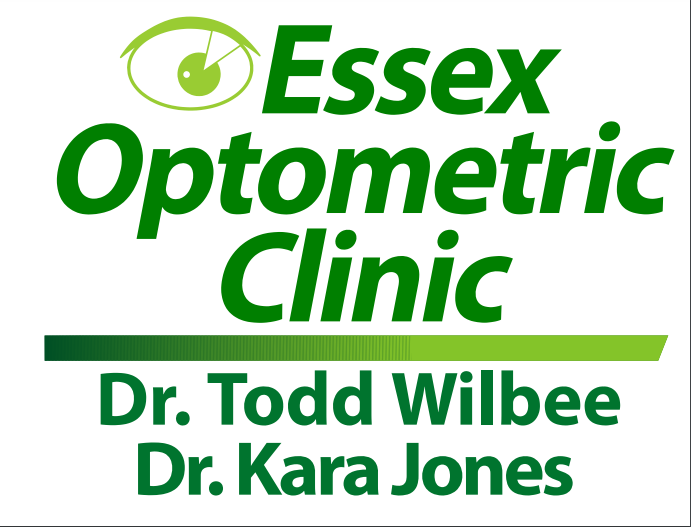As August winds down there is usually a mad rush go get in that
last swim in the pool or camping trip. For many Essex County
residents, this is also a time where seasonal allergies can cause
problems with our eyes and respiratory systems.
Seasonal allergies are caused by specific allergens such as
ragweed, grass or tree pollen. They can start at any age. When
these allergens come in contact with your body, they are
considered foreign particles. The allergens bind themselves to mast
cells which are loaded with histamine. In response, your immune
system starts to release large quantities of histamine and other
chemicals from these mast cells to combat the allergens. It is the
histamine action that produces the symptoms of sneezing,
coughing, nasal congestion, scratchy throat and red, itchy, and
watery eyes. Seasonal allergic reactions can begin at any age.
Areas that have poor air quality (such as Essex County) can result
in more intense symptoms.
Unfortunately, seasonal allergy symptoms can be difficult to
completely eradicate. The first step in the management of this
condition involves avoiding the specific allergen you are allergic
to. This can be difficult especially if you are active outdoors in the
summer. There are simple ways to get some relief, such as
keeping the windows of your home and car closed and turning the
air conditioner on, remembering that pollen release is at its peak in
the morning and early afternoon, and making sure the filters in
your furnace are clean. Washing your hair before bed can help to
wash away allergens that are stuck in your hair. Additionally
regularly replacing your pillow can help with seasonal or perennial
allergies. Other more aggressive allergy relief remedies involve
oral over-the-counter anti-histamine medications taken during your
particular allergy season. Talk to your doctor or pharmacist to
determine which brand is best for your needs. For those who suffer
from severe seasonal allergies, allergy shots may be the treatment
of choice. This is usually preceded by tests performed by an
allergist to determine exactly what substances you are allergic to.
In addition to the above remedies to relieve ocular symptoms of
seasonal allergies, further comfort can be achieved by placing a
clean face cloth soaked in ice water over closed eyes. Over-the-
counter artificial tear drops and anti-histamine eye drops can also
help reduce red, itchy, and watery eyes although not a preferred
option of eye doctors.
Prescription eye drop medications may be considered with more
severe allergic symptoms. Eye drops that combine an antihistamine
and a mast cell stabilizer work best by providing immediate and
long term relief. There are prescription-only anti-inflammatory
drops that can be used to provide relief for allergy sufferers.
I suffer from terrible allergies from ragweed that began in my early
twenties. It took me a few years but with some trial and error, I
have found an effective treatment plan to greatly reduce my
symptoms from seasonal allergies. My symptoms usually begin the
second last week of August. I use an oral over-the-counter
antihistamine daily (which took three years to find the best brand
for me) beginning the first week of August along with a
prescription only antihistamine/mast cell stabilizer daily eye drop.
I also use a prescription only anti-inflammatory eye drop on days
that my eyes flare up.
With the above treatment plan, my symptoms are not nearly as
harsh as they were when I first developed seasonal allergies. Mind
you, I still have some bad days but not like I used to. Starting my
medications a few weeks prior to my season has worked wonders
for me. However, everyone is different. You need to experiment to
find the best therapy for yourself.
For those who suffer from seasonal allergies, the ocular symptoms
can be very uncomfortable. Despite all the different remedies out
there to deal with seasonal allergies, there is no cure. It is not
recommended to diagnose and treat your symptoms yourself.
Consult your optometrist to recommend the best therapy to provide
relief from seasonal allergies.
